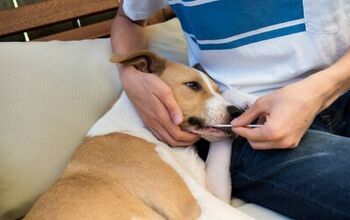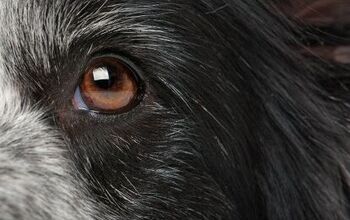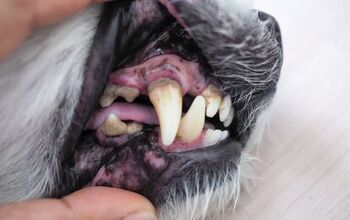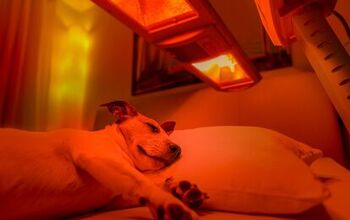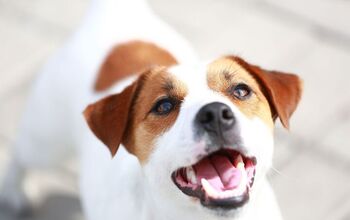Study: Discovery Made to Genetic Link in Dog Disc Disease

Researchers from the University of California, Davis, believe they’ve discovered a genetic mutation that spans dog breeds and is responsible for chondrodystrophy. Chondrodystrophy is responsible for back pain, rear limb paralysis and even walking immobility and is most frequently found in dogs who have shorter legs. Dachshunds, Pekingese and French bulldogs often are victims, and until now, veterinarians have not been able to determine a specific cause.
Related: How to Relieve Your Dog’s Arthritis Pain
Veterinary geneticist Danika Brannasch is the senior author of the study and said that dogs who have intervertebral disc disease (IVDD) are 50 times more likely to have a genetic mutation that seems incredibly correlated with disc disease. She believes that the identification of this gene is the first step in helping eliminate the condition in dogs at risk for the disease.
Bannasch is also a breeder of Nova Scotia duck tolling retrievers and says she is fascinated by the different shapes and breeds of dogs. With her colleague UC Davis veterinarian neurologist Pete Dickinson, they observed that often the correlation of dog’s shapes and disease is evident in the neurology clinic. Dickinson said that IVDD is most commonly seen in his neurological clinic and that the herniation of abnormal discs can lead to paralysis in dogs.
More the treatment for those dogs is costly, and often unaffordable for many pet owners. Dickinson said that it’s horribly uncomfortable for pets, and takes a toll on pet families.
The research began with the toller breed, particularly those with shorter legs. She found a significant difference on chromosome 12 that looked like it may be linked to long bone growth abnormality. They then looked at other reeds that had the same DNA sequence in that region, and found that beagles, spaniels and dachshunds also had this chromosome 12 difference. Those breeds are also known to have chondrodystrophic conditions.
They continued to look at the DNA from a variety of dog breeds and saw that in many of the breeds with chondrodystrophic issues and then looked for the actual mutation on the genome. After extensive research and combing of the genetic sequences in those breeds, they found the presence of an FGR4 retrogene insertion. Bannasch said she felt like they’d found a needle in the haystack when they found it.
Related: Embark to Test DNA in Dogs For Possible Future Diseases
The FGF4 retrogene is pivotal to molecular development. In humans, when the FGF3R is mutated (it’s the receptor for the FGF4 retrogene), dwarfism can happen. The researchers believe that this delivery can help reduce the risk of disc disease, and can even be a model for looking at degenerative disc disease in people.
Bannasch says she is thrilled about being able to possibly reduce pain and suffering in animals, and wants to look more into the prevalence of the retrogene in the affected breeds, so that more can be looked at with regard to breeding the condition out.

More by Lori Ennis






